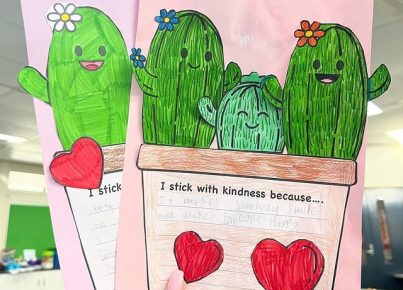Where once we lived in a world where there were stark differences between privatized and public education, we are now shifting into an era of grassroots determination to provide quality education to children in public schools.
And part of that upward shift requires giving educators the quality treatment that they deserve, first. Time and again, it seems apparent – underpaid teachers and under-funded schools result in lackluster public education for students because educators fall short when they don’t have the resources they need. And when they don’t have the resources they need, students tend to underperform, making the teachers look bad. As you can see, it’s an ultimately frustrating and cyclical problem.
How educators are doing it
Educators are changing education, though, by taking to lobbying themselves, striking, and calling physical attention to the nature of poverty in the American education system. In the past two years alone, media coverage has increased as teachers began striking from their towns and the front lawns of the state capital to demand fair pay for the hard work they put into the public school systems.
This process of educator lobbying is complicated because children suffer in multiple ways. They suffer when they have to stay home from school for weeks on end because their teachers have to make the difficult decision of picketing. And they also suffer because the effort teachers make to create change often barely comes close to making the government budge, or worse, their efforts create temporary change followed by stricter regulations from the government.
The aim of educators’ strikes is that they can prove a point of how crucial it is to fix the public education sector, rather than allowing more and more money just to be poured into private education, which is seldom available to anyone other than the wealthy. It’s the public schools, teachers demand, that have needs to be met, and that starts with the teachers who show up to make students’ education possible every day.
So, the problem arises that, while educators are taking matters into their own hands, and trying to reinforce a sense of quality in public education, there still remains a lack of total government support for the public education of America’s youth. And the fact of the matter is that the majority of children in America will attend public school, and only a small percentage attend private school.
So, what will the next few years bring in terms of potential change? It will depend upon how much of a difference teachers and financially endowed persons are capable of making within the government. Because up to this point, it seems that, without the additional support of the people in office, the efforts to revolutionize education on behalf of educators will sadly fall short.




